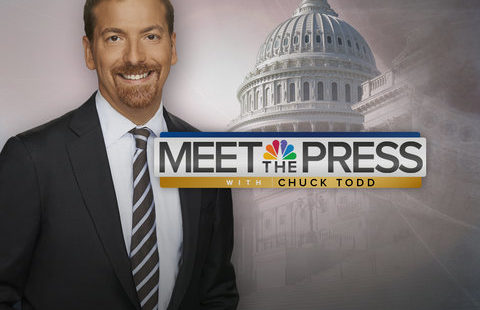

https://soundcloud.com/meetthepress/garry-kasparov-putin-deep-blue-and-the-future-of-ai
My Meet the Press podcast with Chuck Todd on Deep Thinking my matches against Deep Blue, and the future of artificial intelligence.
“With the rapid rate at which technology is developing today, there may yet be a new Holy Grail for artificial intelligence. According to Kasparov, part of the problem for AI rests in the fact that many Americans view technology as competition. Automation has long been viewed as a menace to the working class, but he suggests looking at the development from another perspective.
“What about looking for a positive side?” Kasparov said. “Now we have new intelligent machines, and they will be taking over I would say more menial aspects of cognition. So maybe it will help us to elevate our lives toward curiosity, creativity, beauty, joy so there are other things that we can do if we move to the next level of the development of our civilization.”
“Machines will be better at anything that we’re doing now, but as long as we are capable of dreaming and creating new things – say moving to other planets or exploring oceans. There are many things that we can do where machines will need human qualities. The question is how we combine it, how we become proper operators of this massive brute force and also certain other new qualities,” Kasparov said.”
“We realized after 1997 that it’s very much back to square one because beating the world champion and making it to the top of Mount Everest in chess – we just discovered at that point that there are many, many high peaks ahead of us,” Kasparov told NBC News’ Chuck Todd in the latest edition of 1947: The Meet the Press Podcast. “The question of artificial intelligence still remained unanswered.”
Kasparov, who has been a vocal critic of Vladimir Putin’s regime in Russia, notes that there is an intersection between his interests in computing and democracy. Kasparov said that technological development and Russia’s alleged cyber attacks on the free world go hand in hand.
Although the rise in networked computing has given foreign adversaries a tool with which to attack governments and undermine democracies, Kasparov says the same tools can be used against autocratic regimes.
“Cybersecurity and social media become front lines of this new conflict,” he said. “So we’re trying to play by the rules and they use our own technology, technology invented in the free world, against the very foundation of the free world.”
The threat of foreign government conflicts was central to the evolution of the early internet, but Kasparov noted that the founding fathers of computer science, great minds like Alan Turing and Claude Shannon, believed that chess would be the ultimate test for artificial intelligence because winning a game of chess requires intelligence. What they were unable to anticipate was the dramatic growth of “brute force” computing.
Today, “a free chess app on the latest mobile phone is stronger than Deep Blue,” Kasparov said.
With the rapid rate at which technology is developing today, there may yet be a new Holy Grail for artificial intelligence. According to Kasparov, part of the problem for AI rests in the fact that many Americans view technology as competition. Automation has long been viewed as a menace to the working class, but he suggests looking at the development from another perspective.
“What about looking for a positive side?” Kasparov said. “Now we have new intelligent machines, and they will be taking over I would say more menial aspects of cognition. So maybe it will help us to elevate our lives toward curiosity, creativity, beauty, joy so there are other things that we can do if we move to the next level of the development of our civilization.”
“Machines will be better at anything that we’re doing now, but as long as we are capable of dreaming and creating new things – say moving to other planets or exploring oceans. There are many things that we can do where machines will need human qualities. The question is how we combine it, how we become proper operators of these massive brute force and also certain other new qualities,” Kasparov said.

